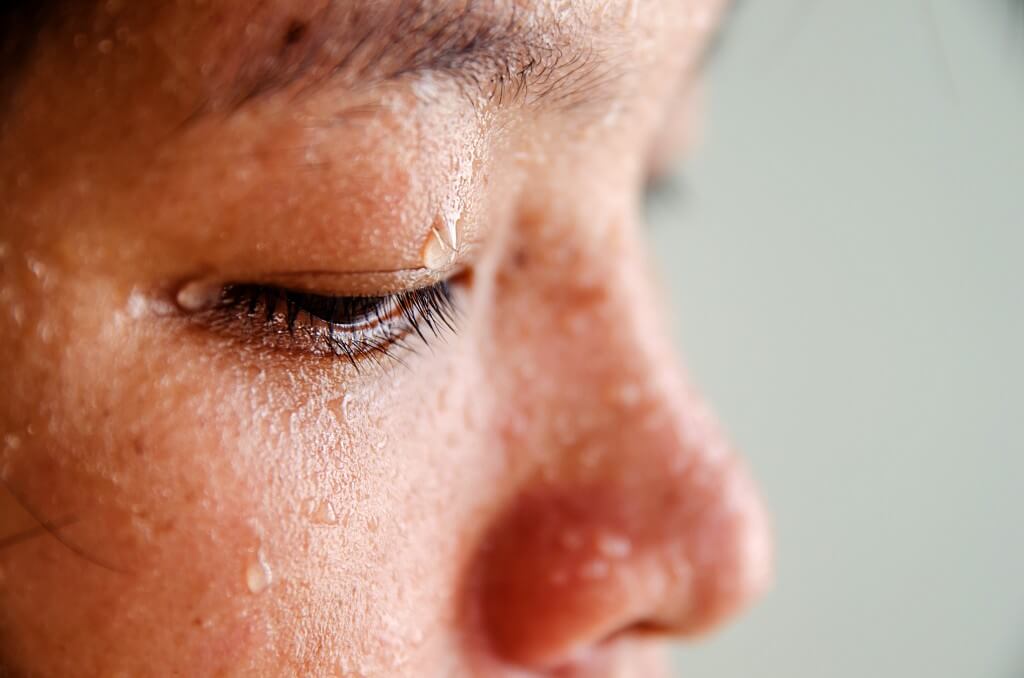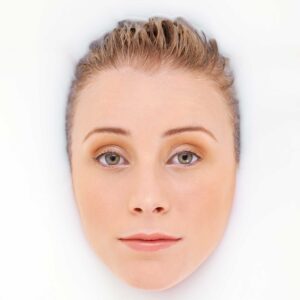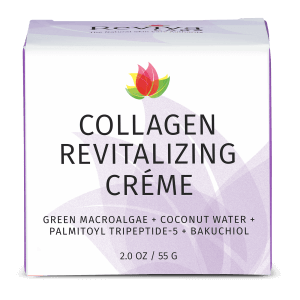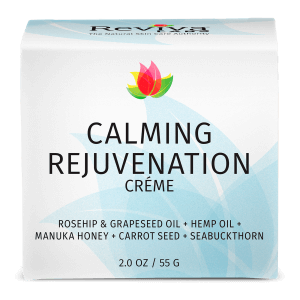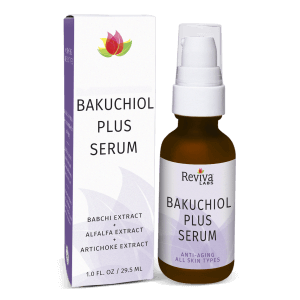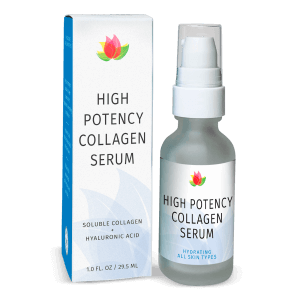Ingredients, Reviva Labs, Skin Care
Understanding Transepidermal Water Loss (TEWL) and Its Impact on Skin
The concept of Transepidermal Water Loss (TEWL) is crucial in the field of skincare, often discussed by dermatologists and skincare experts alike. TEWL refers to the amount of water that passively evaporates through the skin into the atmosphere. This process occurs naturally, but when it happens excessively, it can lead to a range of skin issues. Understanding TEWL, its causes, and how to manage it is essential for maintaining healthy, hydrated skin.
The Skin Barrier and TEWL
To fully grasp the implications of TEWL, it’s important to understand the skin’s structure, particularly the stratum corneum, the outermost layer of the skin. The stratum corneum functions as a protective barrier, composed of corneocytes (dead skin cells) and lipids (fats). These lipids fill the spaces between the corneocytes, creating a seal that prevents excessive water loss and protects against external irritants.
However, this barrier isn’t impenetrable. Water naturally moves from the deeper layers of the skin to the surface, where it eventually evaporates. This is a normal process, but when the skin barrier is compromised or damaged, the rate of water loss increases, leading to higher TEWL. This can result in skin that feels dry, tight, or even flaky.
Factors That Influence TEWL
Several factors can contribute to increased TEWL, including environmental conditions, skincare habits, and overall skin health. Dry or cold climates, for example, can exacerbate water loss because the air draws moisture from the skin. Similarly, overexposure to the sun can damage the skin barrier, leading to heightened TEWL.
By staying informed and taking proactive steps, you can protect your skin from the detrimental effects of TEWL and maintain a radiant, healthy complexion year-round.
In addition to environmental factors, certain skincare practices can also increase TEWL. Over-cleansing or using harsh products can strip the skin of its natural oils, weakening the barrier and making it more susceptible to water loss. Moreover, age plays a role, as the skin’s ability to retain moisture diminishes over time, leading to increased TEWL in older individuals.
The Impact of TEWL on Skin Health
When TEWL increases beyond normal levels, the skin can become dehydrated, which is different from being dry. Dehydrated skin lacks water, while dry skin lacks oil. Dehydration due to TEWL can lead to a dull complexion, fine lines, and a compromised skin barrier, making the skin more prone to irritation, redness, and sensitivity.
In more severe cases, excessive TEWL can contribute to chronic skin conditions such as eczema or atopic dermatitis. These conditions are often characterized by a damaged skin barrier, leading to persistent water loss and difficulty in maintaining adequate hydration.
Preventing and Reducing TEWL
Preventing excessive TEWL is essential for maintaining healthy, hydrated skin. One of the most effective ways to do this is by reinforcing the skin barrier. Using moisturizers that contain occlusive ingredients, such as petrolatum or dimethicone, can help form a protective layer on the skin’s surface, reducing water evaporation. Though we prefer much more natural alternative occlusives.
In addition to occlusives, humectants like glycerin and hyaluronic acid are beneficial. Humectants attract water from the deeper layers of the skin and the environment, helping to retain moisture in the stratum corneum. When combined with occlusives, humectants can significantly reduce TEWL and improve skin hydration.
Another important aspect of preventing TEWL is avoiding harsh skincare products. Gentle cleansers that do not strip the skin of its natural oils are preferable, as are alcohol-free toners and hydrating serums. Incorporating barrier-repairing ingredients, such as ceramides and niacinamide, into your skincare routine can also help strengthen the skin’s protective layer.
Environmental and Lifestyle Considerations
Beyond skincare products, lifestyle and environmental factors also play a crucial role in managing TEWL. Using a humidifier, especially during the winter months, can help maintain moisture levels in the air, preventing the skin from drying out. Protecting the skin from harsh weather conditions by wearing appropriate clothing and using sunscreen is also essential.
Hydration from within is equally important. Drinking plenty of water and maintaining a balanced diet rich in essential fatty acids can support overall skin health and reduce TEWL. Omega-3 fatty acids, in particular, are known to strengthen the skin barrier and improve moisture retention.
The Role of Sleep and Stress
Quality sleep and stress management are often overlooked but are integral to maintaining healthy skin and preventing excessive TEWL. During sleep, the skin undergoes a natural repair process, and a lack of rest can impair this function, leading to a compromised skin barrier. Chronic stress, on the other hand, can trigger inflammatory responses in the body, weakening the skin’s ability to retain moisture.

To support healthy skin and minimize TEWL, it’s important to prioritize good sleep hygiene and manage stress through relaxation techniques, exercise, or other stress-reducing activities.
Understanding the Impact of TEWL on Skin Treatments
TEWL is also a critical factor to consider when undergoing professional skin treatments. Procedures such as chemical peels, microdermabrasion, or laser treatments can temporarily disrupt the skin barrier, leading to increased water loss. It’s important to follow post-treatment care instructions carefully, including the use of hydrating and barrier-repairing products, to minimize TEWL and promote healing.
Furthermore, individuals with pre-existing skin conditions or a naturally weak skin barrier should approach such treatments with caution. Consulting with a skincare professional can help determine the most appropriate treatments and aftercare to minimize the risk of exacerbating TEWL.
Understanding TEWL and How to Manage It is Essential
Transepidermal Water Loss (TEWL) is a natural process, but when it becomes excessive, it can lead to a range of skin issues, from dehydration to chronic conditions like eczema. Understanding TEWL and how to manage it is essential for maintaining healthy, hydrated skin. By reinforcing the skin barrier through the use of appropriate skincare products, protecting the skin from environmental factors, and maintaining a healthy lifestyle, you can effectively reduce TEWL and promote overall skin health.
For those looking to delve deeper into the science behind TEWL and its implications on skin health, resources like the National Center for Biotechnology Information offer extensive studies and data on the topic. For example, a study from the NCBI indicates that maintaining a well-hydrated skin barrier can reduce TEWL by up to 20%. This highlights the importance of proper skincare routines and the role they play in preventing excessive water loss.



